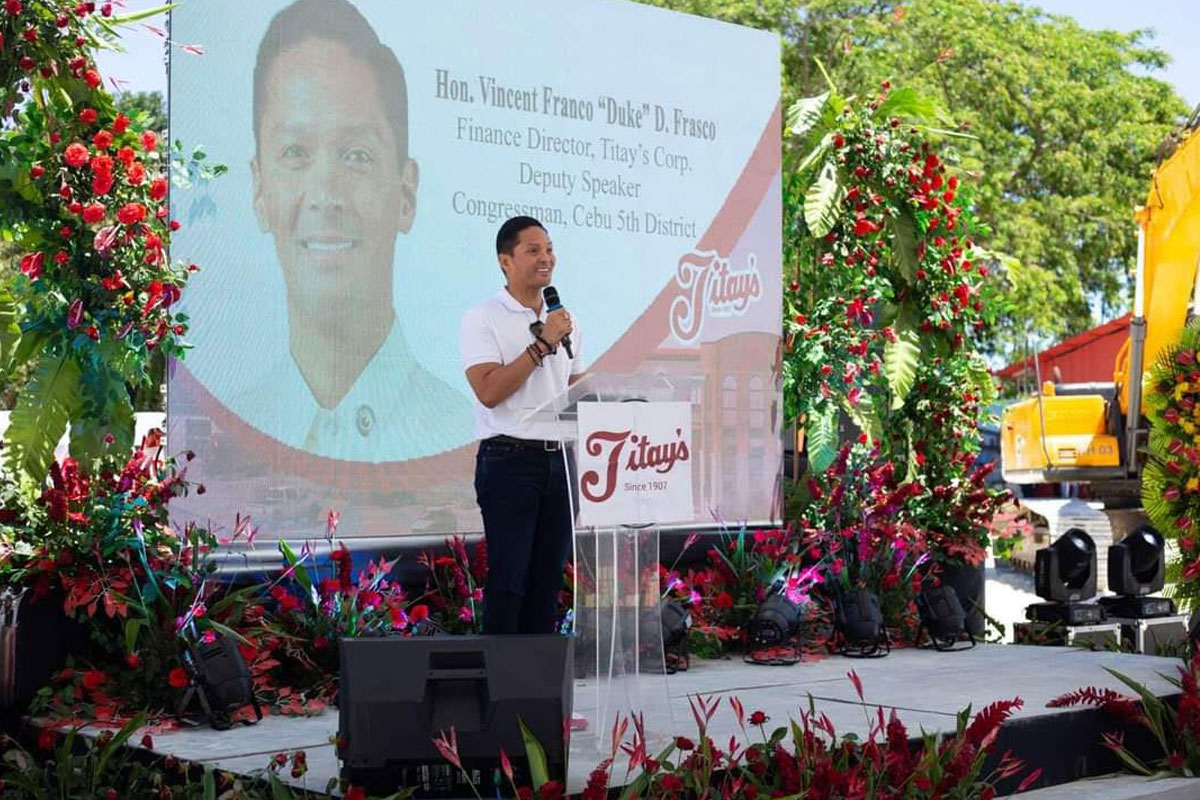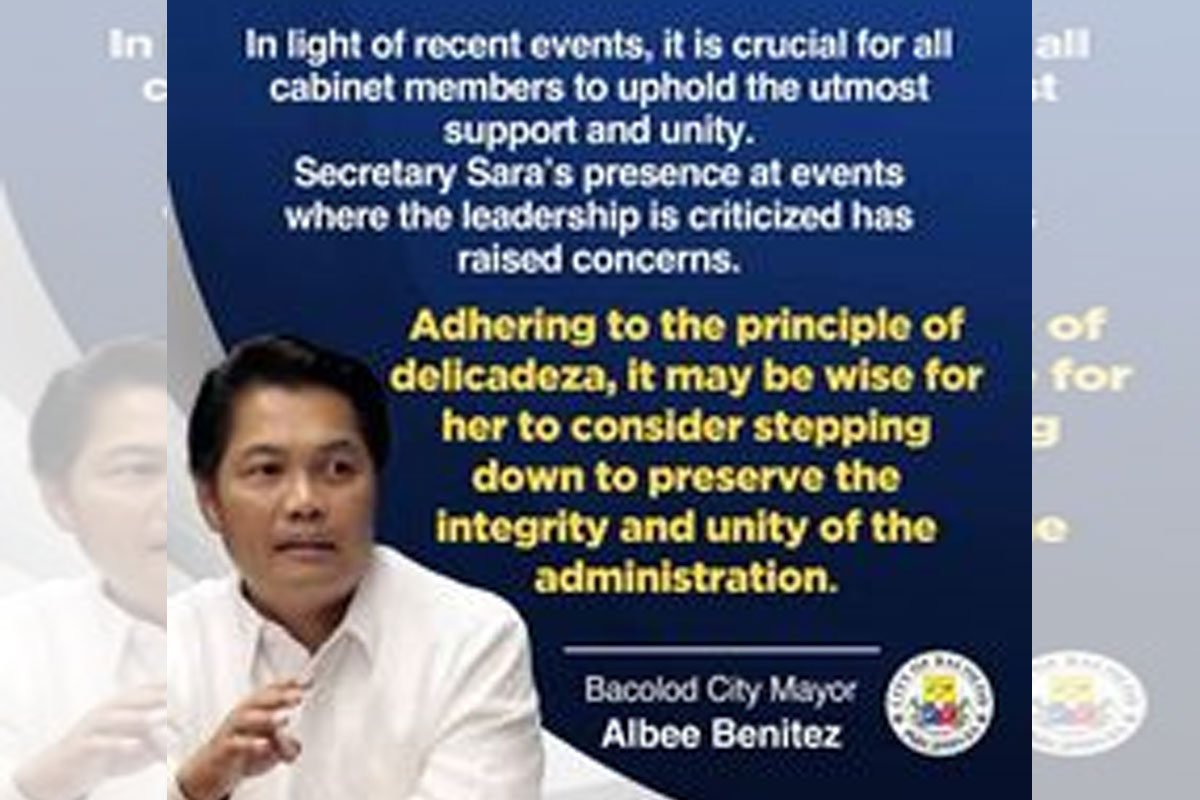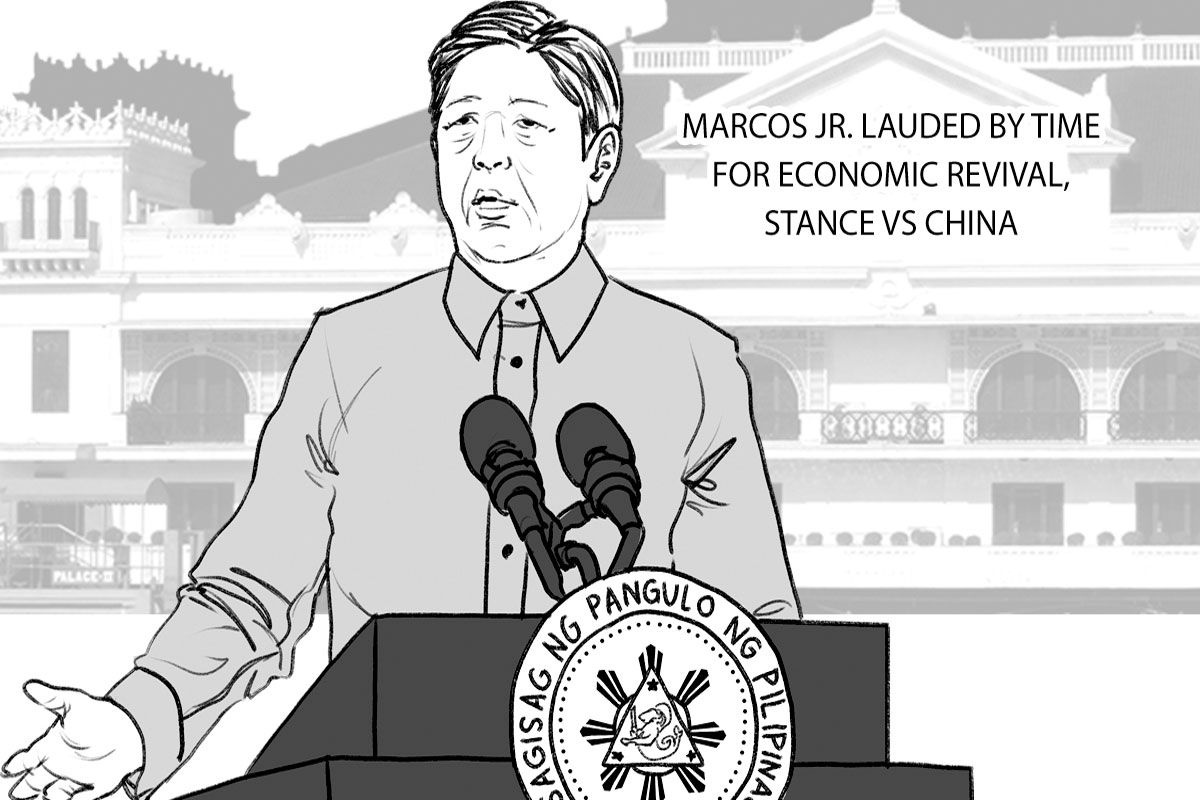
Top 10 fuel saving tips
 Currently, the high demand and low supply (prompted by the Russia-Ukraine conflict) has driven oil and gas prices up in the world market; thus, Bloomberg foresees that a “10% rise in oil prices could add a 0.4 percentage points” to Philippine inflation. To add, Bangko Sentral ng Pilipinas (BSP) outgoing governor Benjamin Diokno also sees the high oil prices to drive inflation as high as 5.5% to 6%. This is above BSP’s expected rate, which is between 2% to 4%. In the long run, continuous oil price hikes can slow down the growth of an economy. Like an ordinary Filipino household, the Philippine economy, in general, is also up for a bumpy ride. Production, transportation, and manufacturing costs are also driven up by high oil prices. Furthermore, a Bloomberg article from this early this year sees the Philippines and India among the Asian countries taking the worst hit from the oil war spike.
Currently, the high demand and low supply (prompted by the Russia-Ukraine conflict) has driven oil and gas prices up in the world market; thus, Bloomberg foresees that a “10% rise in oil prices could add a 0.4 percentage points” to Philippine inflation. To add, Bangko Sentral ng Pilipinas (BSP) outgoing governor Benjamin Diokno also sees the high oil prices to drive inflation as high as 5.5% to 6%. This is above BSP’s expected rate, which is between 2% to 4%. In the long run, continuous oil price hikes can slow down the growth of an economy. Like an ordinary Filipino household, the Philippine economy, in general, is also up for a bumpy ride. Production, transportation, and manufacturing costs are also driven up by high oil prices. Furthermore, a Bloomberg article from this early this year sees the Philippines and India among the Asian countries taking the worst hit from the oil war spike.
So how can we cope with such an ordeal? Well, here are some Fuel Saving Tips that could help ease the incessant soaring price of car fuel. Some of the TOP 10 recommendations include:
Tip 1: TAKE CARE OF YOUR CAR: A well-tuned engine can augment fuel economy, so follow your car manufacturer’s commendation on servicing, making sure to check your tire pressure regularly (every two weeks should do it). The lower the tire pressure, the more fuel your car will use.
Tip 2: LESSER TRIPS, THE BETTER: Try to avoid lots of little short journeys and combine all your shopping into one big trip to give your engine the chance to heat up. Driving a car with a cold engine that has been parked for a few hours uses much more fuel for the first five miles or so. By the way, a little walking exercise for short distance chores is good for the health.
Tip 3: AVOID THE RUSH HOUR: Though now-a-days you would notice that the term “rush hours” aren’t really that consistent anymore with the traffic in the metropolis; you can still manage to study the volume of vehicles in the roads around you at any given time. So, if you can avoid those peak moments on the street you will really notice the improvement in your fuel consumption.
Tip 4: SHED-OFF THOSE EXTRA WEIGHT: Just like a person, your car needs more fuel to move around more weight. Would you wear a heavy backpack if you didn’t need to? Don’t cart around those hiking, camping or sporting gears until you’re ready to use them.
Tip 5: IF IT’S NOT HOT, WHY NOT SHUT THE AC: Your car’s air-conditioning is sure fire way to use up a lot of fuel. It may be tempting to leave on all day-long in our country’s weather but try it keep it off when it’s not hot. When driving on the motorway, opening your windows can heavily impact the aerodynamics and your fuel economy. As a rule, anything that makes wind noise as your car goes along is making your car more expensive to run.
Tip 6: STICK TO THE SPEED LIMIT: Not only are you breaking the law by speeding, but you’re also using much more fuel, so arriving early is merely a false economy. Increasing your highway cruising speed from 55mph (90km/h) to 75mph (120km/h) can raise fuel consumption as much as 20%. You can improve your gas mileage 10 – 15% by driving at 55mph rather than 65mph (104km/h).
Tip 7: DON’T BE AN AGGRESSIVE DRIVER: Besides avoiding all possible accidents through this kind of driving, studies have shown that “Jack-rabbit” starts and hard braking can increase fuel consumption by as much as 40%. Tests also show that “jackrabbit” starts and hard braking reduces travel time by only four percent, while toxic emissions were more than five times higher. The proper way is to accelerate slowly and smoothly, then get into high gear as quickly as possible. In city driving, nearly 50% of the energy needed to power your car goes to acceleration.
Tip 8: DRIVE SMART: Stay alert while driving and keep your vehicle’s momentum by planning your maneuvers ahead of time. Pay attention to the road ahead, anticipate the movements of pedestrians and other drivers, and keep a safe distance from the car in front of you. This will save you gas and keep you safe on the road.
Tip 9: CHOOSE THE BEST FUEL FOR YOUR CAR: Premium, high-octane fuels aren’t necessarily the best choice for your car; a higher price doesn’t guarantee better performance. In fact, such fuels don’t provide any greater fuel efficiency. Many cars are designed to use regular low-octane fuel. Check your owner’s manual to see what your car requires.
Tip 10: WHY NOT CONSIDER AUTOMOTIVE LPG? Auto LPG as an alternate fuel for motor vehicles is used in more than 100 countries worldwide. LPG is normally free of contaminants resulting in clean burning and very low deposition of carbon and varnish inside the engine which consequently and substantially improves the life of the engine. Above all, LPG is most competitively priced as compared to petrol. The approximate cost savings for LPG is estimated to be about 30% as compared to petrol.
————————oOo——————————
For any personal comments or suggestions, you may call 0917-4805585 or email me at [email protected].






















